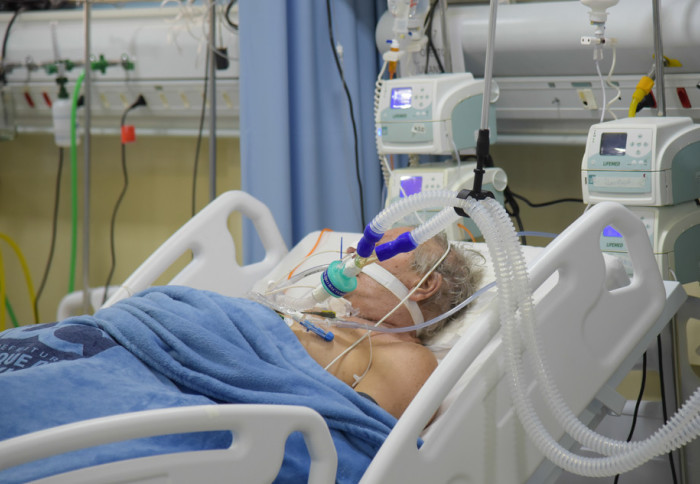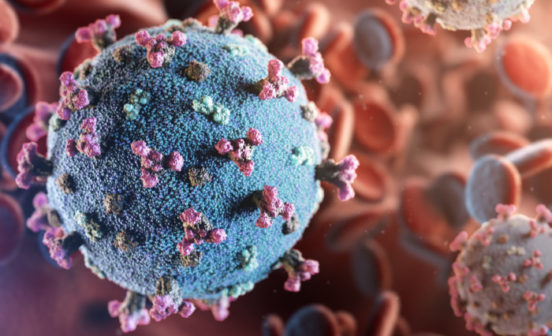PreventionTherapeutic Arthritis drugs may reduce mortality and time in ICU for sickest COVID patients

The findings, which have not yet been peer-reviewed, come from the REMAP-CAP trial, which evaluates the effect of treatments on a combination of survival and length of time patients need support in an intensive care unit (ICU).
Initial findings reported in November showed that tocilizumab, a drug used to treat arthritis, was likely to improve outcomes among critically ill COVID-19 patients. But the impact on patient survival and length of time on organ support in ICU was not clear at that time.
Now, the latest analysis shows that tocilizumab and a second drug called sarilumab – both types of immune modulators called IL-6 receptor antagonists – have a significant impact on patient survival, reducing mortality by 8.5%.*
Furthermore, the treatment also improved recovery so that on average patients were able to be discharged from the intensive care unit (ICU) about a week earlier.
The latest analysis is published in a pre-print available on medRxiv, with the findings submitted to a peer-reviewed journal.
“This is a significant finding which could have immediate implications for the sickest patients with COVID-19,” said Professor Anthony Gordon, Chair in Anaesthesia and Critical Care at Imperial College London and a Consultant in Intensive Care Medicine at Imperial College Healthcare NHS Trust.
The study is supported in the UK by the National Institute for Health Research (NIHR) and Imperial College London & ICNARC are partners in the EU funded PREPARE consortium.
Read the full story by Ryan O’Hare here. © Imperial College London





